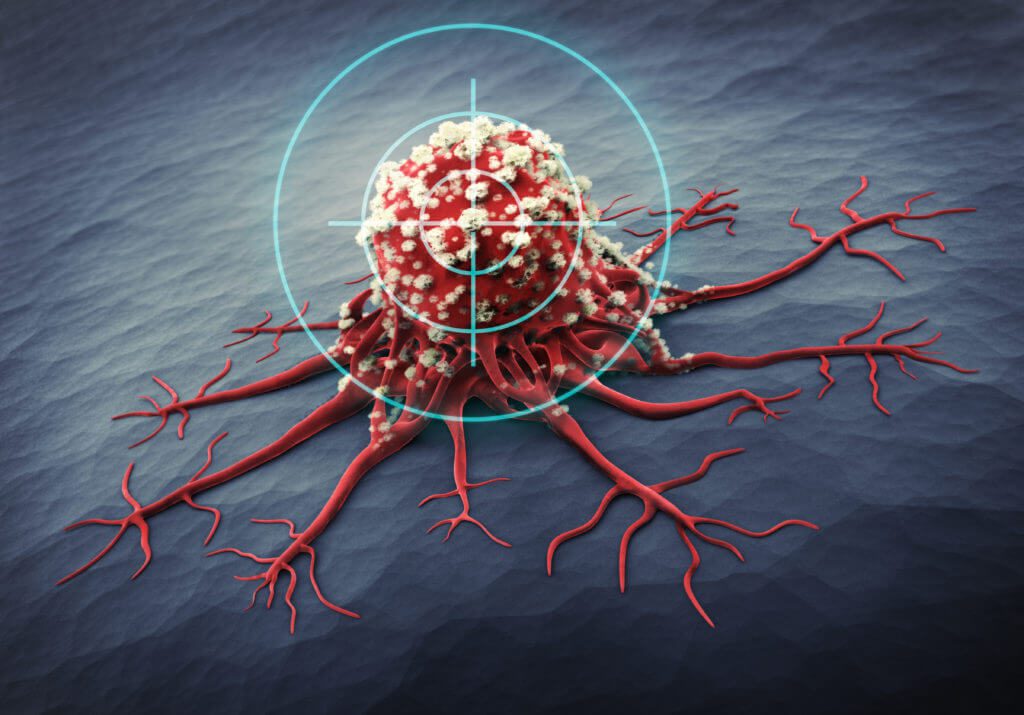Targeted therapy for treating advanced gastrointestinal stromal tumors

Targeted therapy for treating advanced gastrointestinal stromal tumors
- onco
- September 23, 2022
Gastrointestinal Stromal Tumors (GIST) is basically a tumor that originates in the gastrointestinal tract of the human stomach. In 2021, approximately 4,000 to 6,000 people will be diagnosed with GIST in the United States. GIST has no known cause, but it is linked to a mutation in the expression of the KIT protein.
If the person is suffering from Stromal Tumors, then they will feel abdominal pain, vomiting, blood in the stool, fatigue, and a feeling that their stomach is full even if they eat a small amount. The top oncology hospital in Delhi, which provides cancer treatment, is the Oncoplus Hospital. A CT scan is the best way to diagnose GIST in the body.
Normally, targeted therapies are used to cure the genes and proteins that help the cancer cells grow. This therapy treatment is provided in advanced cases when the patient’s tumor cannot be removed or when they do not respond to chemotherapy. In this article, you will learn about targeted drug therapy, which is used to treat GIST.
What are the factors on which the treatment depends?
At Oncoplus Hospital, you will get the best oncologist in Delhi. The doctors first determine various factors before giving the treatment to the patient. Like, the size of the tumor, genetic makeup, location of the tumor, whether the tumor has spread or not, and whether the tumor has ruptured on its own or because of surgery.
Targeted Drug Therapy
The drugs prescribed by doctors to treat targeted therapy are:
- Imatinib:
This is the first drug that is used to treat people suffering from GIST. It targets both KIT and PDGFRA proteins and blocks the tumor cells’ growth. Normally, this drug is helpful in advanced stages when the GIST is not completely removed with surgery or if the tumor is large and hard to remove, so in that situation, Imatinib is used to shrink the tumor to make the surgery possible.
- Sunitinib:
This drug is given to a patient whose tumor has not been stopped with Imatinib or if the patient cannot continue to take Imatinib for a long time. In this situation, doctors prescribed them Sunitinib, which is best for advanced GIST. It targets the KIT gene and also helps in preventing blood vessel growth in tumor. But there are some side effects of this drug, such as high blood pressure, heart problems, increased bleeding, and also liver problems.
- Ripretinib:
When Imatinib and Sunitinib are not helpful for treating people, then Ripretinib is given to the patient in advanced cases of GIST. This drug helps to shrink and slow tumor growth. It also targets kinase proteins such as KIT and PDGFRA. But sometimes the patients face some side effects like headaches, vomiting, high blood pressure, etc.
For more information about the targeted therapy for treating advanced gastrointestinal stromal tumors, you can visit the top oncology hospital in Delhi.




